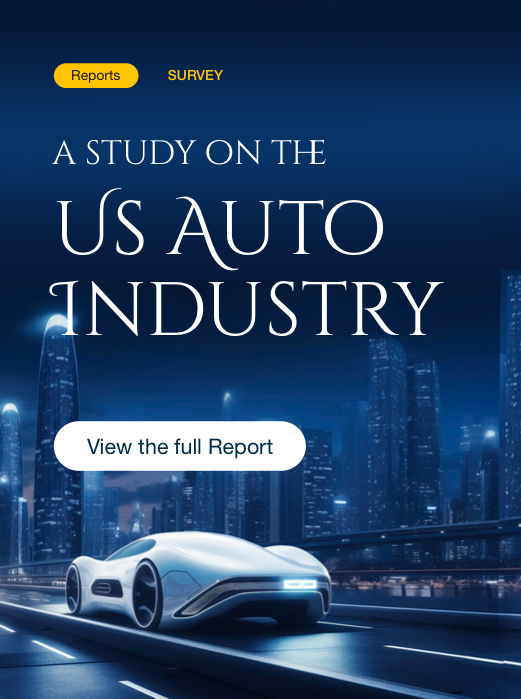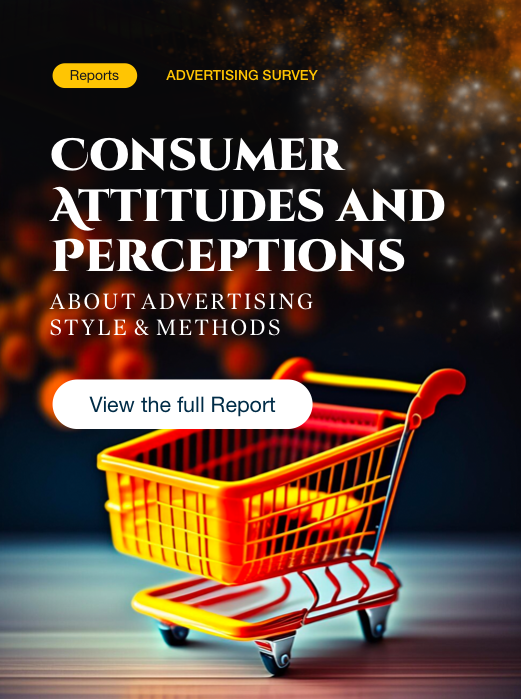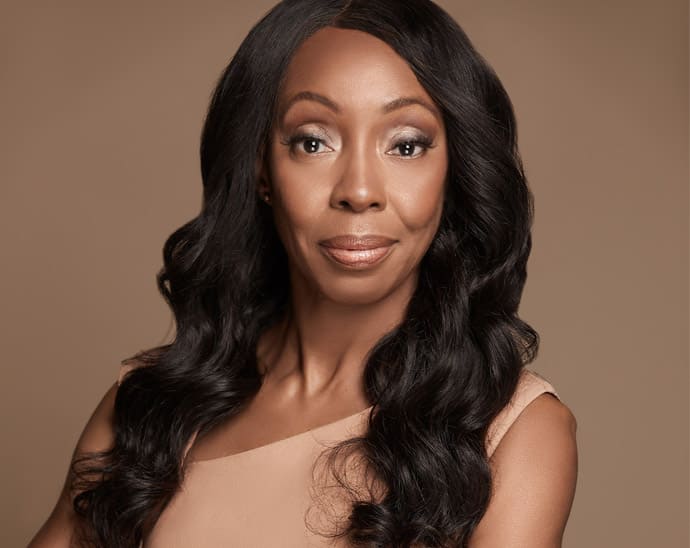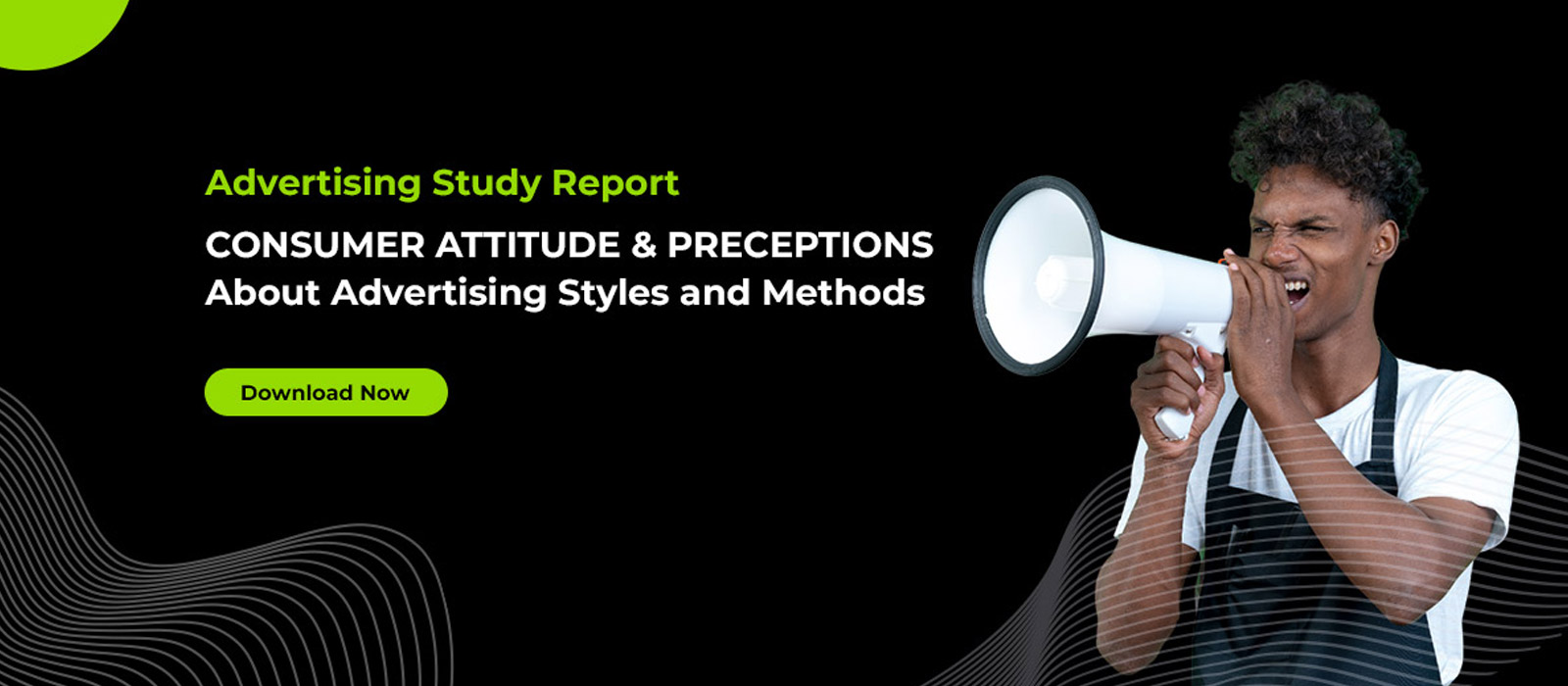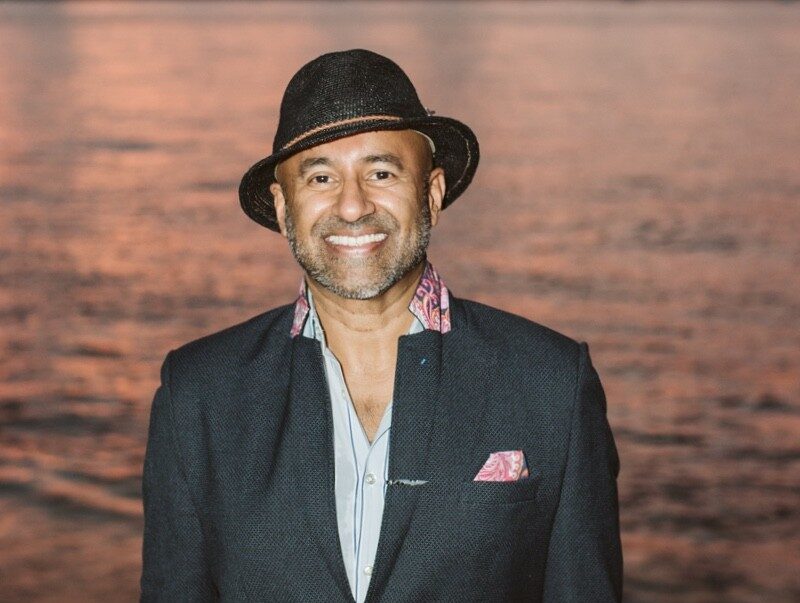Interviews
By admin
| Published on February 27, 2024
at 6:00 am
Genevieve Thiers
With her first company Sittercity.com, entrepreneur Genevieve Thiers pioneered the digital intersection between babysitters and the parents who desperately needed them. As a female founder, Thiers has navigated many of the same challenges that land in the lap of other women who also want to launch their own companies.
Since the sale of Sittercity.com in 2020, Genevieve Thiers has lent her expertise and support to female founders in the tech space as well as to women seeking political office. We recently caught up with the busy entrepreneur to learn more about her new venture in the entertainment arena and why the venture capital scales are still tipped in favor of male founders.
So I think entrepreneurs are people who look at problems as opportunities. When I was little, I remember fixing things a lot. Every time something went wrong I would always visualize a solution… Sometimes I would put it into action and sometimes I wouldn’t, but I remember almost getting excited when something went wrong because I could think about how to solve it.
I wonder sometimes if it isn’t just more than really creative problem-solving all the time. My very first company of note was Sittercity.com, which I created as a babysitter coming out of college, but I think I had ideas for thousands before that… That was just the first one at a large scale that I put into motion.
Well, the wonderful thing is, I knew it would work from the get-go. The reason why was that I was babysitting for over 30 parents in the Boston area and every time I talked to the mothers and explained that this would be like an online dating service, but for parents and caregivers, they nearly jumped out of their seats. They would drive me to and from jobs, and we would talk about the model of the site. I didn’t draw this model; the mothers I talked to did. That gave me great confidence in building it.
However, when I was first launching it, I could not get funding. Because I was talking to a lot of guys. I think they meant well but it wasn’t a company that they understood because most of them had never arranged childcare. So I heard a lot of “It’s a babysitters club and my wife handles that” and I remember wishing that they could just bring their wives in so I could bitch to them instead.
We did eventually get funding, but it took way too long. And I hope that we did a little bit to solve the problem after we showed the success of the industry. This isn’t just a problem that women should solve in dark corners. It’s a problem for everyone. And it’s a big industry.
I think this is a confidence thing. And it bothers me all the time. Because I do come with fully formed companies that are already making revenue in multiple streams when I pitch. The fact that guys can get funded based on ideas and decks– it kills me. I have to do about 40 meetings to every white guy’s 10. It’s just so much harder.
After I sold my majority shares in Sittercity.com. I did put investments into 15 other women in tech. I will never regret this. I’ve been able to watch these investments. Some of the companies haven’t made it and I think what happened was that a lot of women got a lot more experience that they never would’ve gotten out of the gate. It’s a vote of confidence thing. If somebody puts a vote of confidence in you and they’ve had a success… You pay it forward. I only wish I could’ve done more.
Yes, I’m excited to say that the next place that we are exploring is the entertainment space. What we are trying to do is explore the world of collaborative storytelling. I think in the next 5 to 10 years we will get to the point where the cost of production of new shows is low enough that creators will be able to go directly to fans for some or all of their funding. This is incredibly exciting because then you won’t have so much streamer and studio interference.
There will always be shows that need a studio to be created. And there will always be a need for streamers. But right now they hold their monopoly so you have creators going to them and having to sell their show for the cost of production +30. Which is barely anything. And then those creators have taken the upside. They lose all of their IP and sometimes they’re thrown off their own projects where they can’t even visit their own sets! That’s awful.
Residuals have become a problem too, as streamers have matured… You will see a show that took 10 years to create show up on a streamer for a few months, and then it’s shelved forever because the streamer doesn’t want to pay residuals. This kind of thing can go away if you can begin to defray the cost of creation with fan funding. Entertainmint.com is a new platform that helps creators with funding and distribution, but we aimed to keep them in front both in terms of owning their IP and also making the majority of their revenues.
What’s interesting is that the strike was about AI on the surface but underneath it was really about the streamers having all the power. Production costs are so high that streamers hold all the cards. They will offer you a deal but they take everything. And if the cost of production goes down, I think a lot of creators are wondering, rightfully if they can have more of the upside on what they create, but also if they can hold more of the IP and ownership. That’s a good question to ask.
I think that the future of this industry is actually going to be bottom-up instead of top-down. It’s going to be creators increasingly going to fans for their funding over going to streamers with studios. I think the entire model is about to flip on its head. It will take a while, but if this flip happens, it’s going to be very exciting to see.
Imagine if you could watch your favorite show without any fear that they would cancel it unexpectedly or kill off a beloved main character. This is the kind of thing that can happen when fans have a little bit more of a step in the room, in terms of content creation. It’s always a balance, but right now it’s a little too imbalanced on the streamer and studio side.
Well, I’m not even sure if what I wrote for years ago is useful now! It changes so fast. I was involved with a group that put together a technical guide for female and diverse candidates who were running. But what was exciting about this was that 10 campaign managers across the country sat down and shared all their secrets, and I just wrote them down.
It was amazing that this group did this because they could’ve charged a lot of money for it, but they realized that if we wanted to get a good bench on the Democratic side it was worth sharing what was important, and I admire them for that. I would say that now women should look into how AI can help defray the cost of their campaign. I don’t know much more about this yet, but you will probably see me blogging and writing about it in the future so stay tuned!
There’s an entrepreneur named Cheryl Rosner, who I always found very influential. She once told me that nothing happens to you– you let things happen. It was a wonderful change of viewpoint because it really helped me understand that I was in charge of everything. And that it was OK to make mistakes as long as you learned from them. Because of her, I don’t have a passive mindset anymore. I always have an active mindset.
Well, there’s no way to juggle it well. Life is really hell for moms. Somebody’s gotta fix that but I’m tired of saying that I have found a fix because it’s not on me to find a fix. It’s on the world to find a fix at this point. The situation is impossible for us and I’m not sure how I’ve managed it to date.
I will say that I was lucky enough to be able to go back into performing after I stepped up to the board level of my company. I don’t think it would’ve been possible otherwise. I’ve been able to sing lead roles at major houses like the Goodman Theater and Chicago Lyric Opera alongside singers like Renée Fleming, and Thomas Hampson. It’s amazing. I don’t know how I got so lucky. To be able to excel and have not one, but two careers. To that level. I could die.



